The Hidden Stories of Our Iconic Historical Figures
Natalie Dean dives into some of the hidden narratives of iconic Black historical figures, Dr. Martin Luther King Jr., Rosa Parks, Maya Angelou, Harriet Tubman and Frederick Douglass.
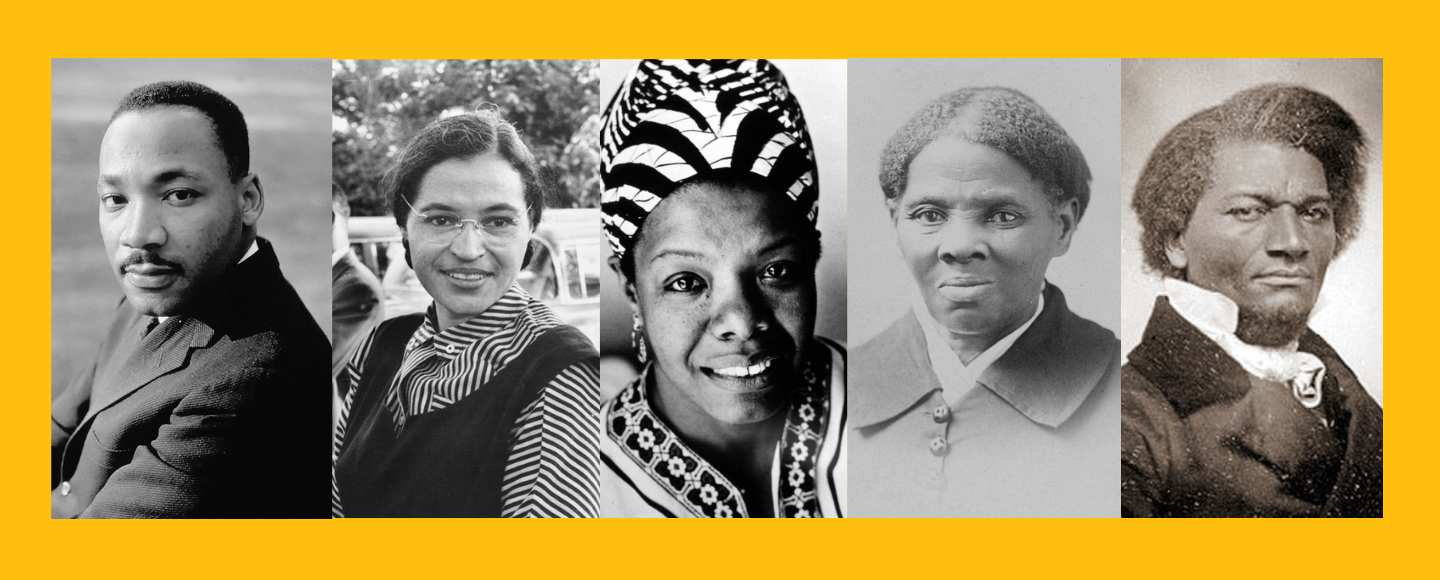
Share
February 12, 2024
Natalie Dean dives into some of the hidden narratives of iconic Black historical figures, Dr. Martin Luther King Jr., Rosa Parks, Maya Angelou, Harriet Tubman and Frederick Douglass.
Share
Last month, while scrolling on social media, I came across a video in which an educator encouraged her colleagues to move beyond teaching about the same, popular historical figures during Black History Month. I agree that there are many iconic figures who deserve to be featured even beyond the month of February, but the problem isn’t that enough is already known about the figures being taught, but that their full stories are seldom told.
It is true that in the rich tapestry of American history, certain figures stand out as beacons of change, resilience and inspiration. While many are familiar with the contributions of Dr. Martin Luther King Jr., Rosa Parks, Maya Angelou, Harriet Tubman and Frederick Douglass, for example, lesser-known facets of their lives do exist that add depth to their stories. Last year, I learned something new about Rosa Parks, which I wrote about here, that made me relate to who she was, not just what she did.
Let's dive into some of the hidden narratives that make these iconic historical figures even more remarkable.
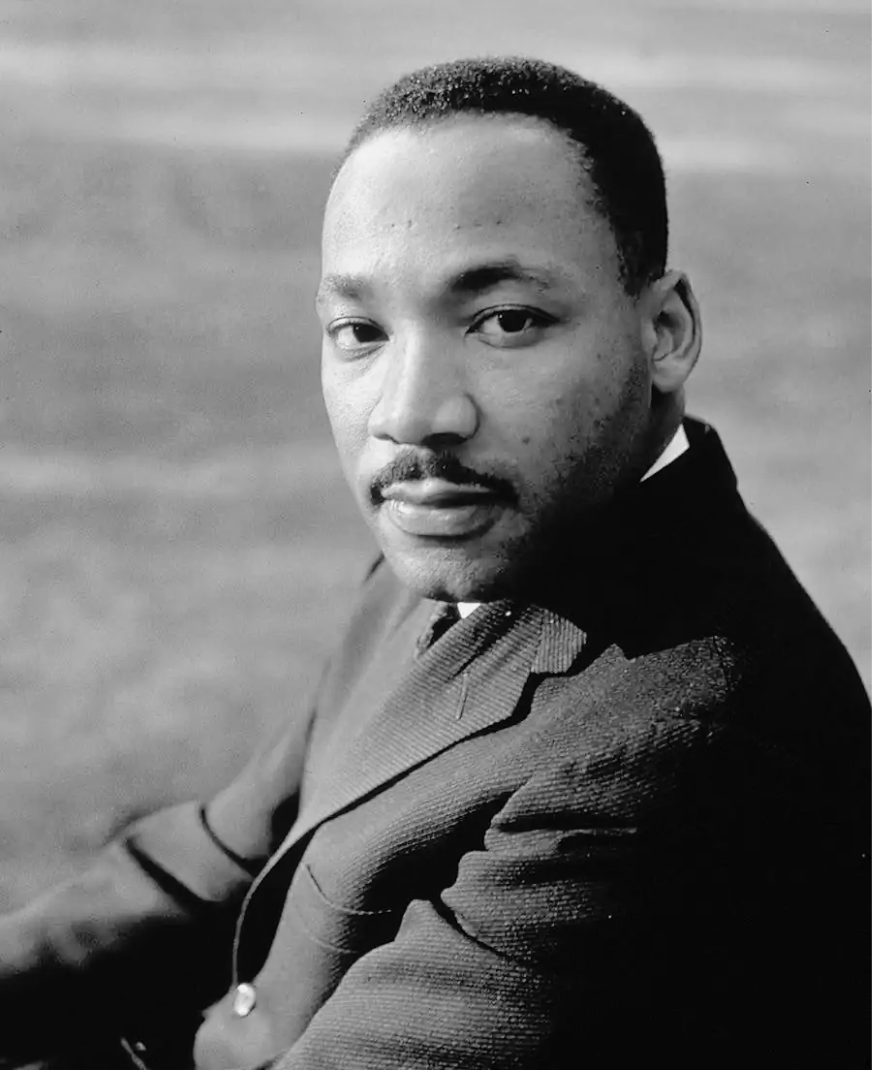
Martin Luther King Jr.'s role in the Civil Rights Movement is widely acknowledged, but many people do not know about his experiences and studies in India, where he immersed himself in the philosophy of Mahatma Gandhi. King was profoundly influenced by Gandhi’s commitment to nonviolent civil disobedience and King tailored his movement on the principles of nonviolent resistance. What’s even less talked about is the evolution of his call for peaceful protests. In 1967, amid riots and other forms of protests, King recognized that a nonviolent approach was becoming less effective and had more empathy and understanding for oppressed people taking different measures to get the public’s attention.
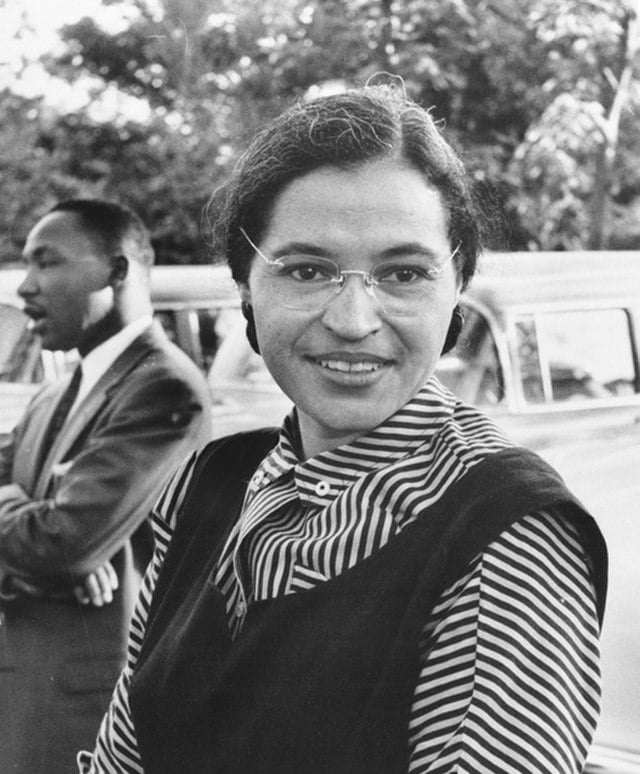
Rosa Parks is celebrated for her pivotal role in the Montgomery Bus Boycott, but after attending a 2023 Virtual Conference webinar hosted by Zinn Education Project, I learned that Mrs. Parks had a life of service that extended far beyond her refusing her seat on a bus. Parks was a lifelong advocate for civil rights and social justice. She worked with the NAACP and the Southern Christian Leadership Conference, dedicating her life to the fight against racial inequality and discrimination based on gender and economic status.
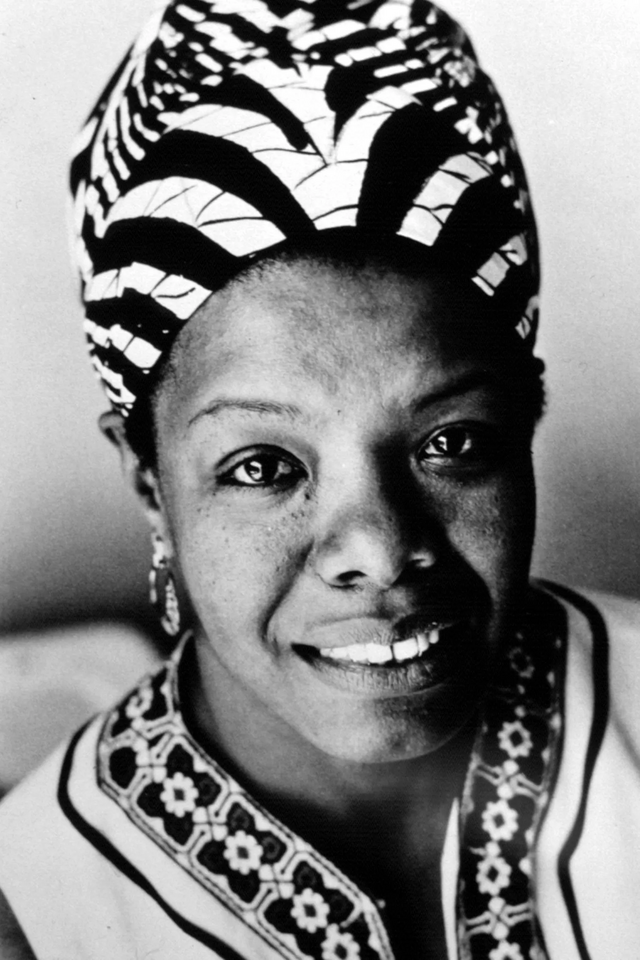
Maya Angelou is renowned for her powerful and evocative way with words, but her life journey reveals a resilience that is equally inspiring. Before becoming a celebrated poet, Angelou held various jobs, including being a singer, dancer, and even the first black female streetcar conductor in San Francisco. Her multifaceted career reflects the depth of her talent and determination. Additionally, Angelou's autobiography, I Know Why the Caged Bird Sings, sheds light on her challenging early years, including overcoming childhood trauma and, quite literally, finding her voice amid adversity.
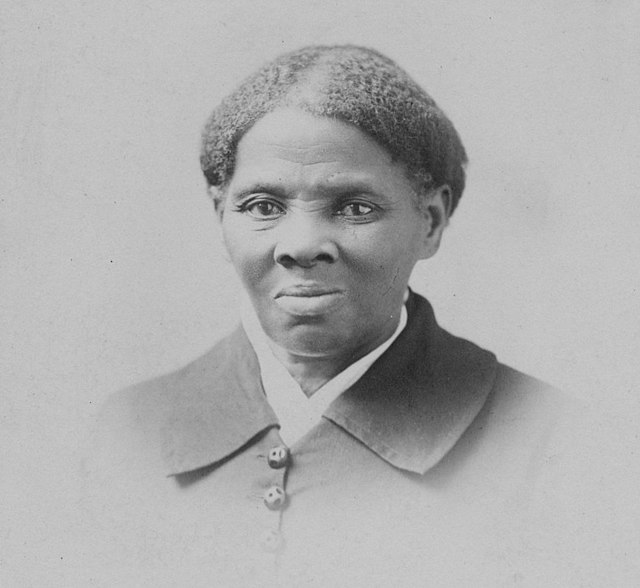
Harriet Tubman's remarkable role as a conductor on the Underground Railroad is well known, but certain details, like her post-Civil War activism are often overlooked. Tubman continued her fight for justice by advocating for women's suffrage and establishing a home for elderly African Americans. She was also the first female spy for the Union. Something else that isn’t widely taught is a head injury she suffered as a child causing to her having dreams, which she referred to as visions from God, that helped her as she led many enslaved people to freedom.
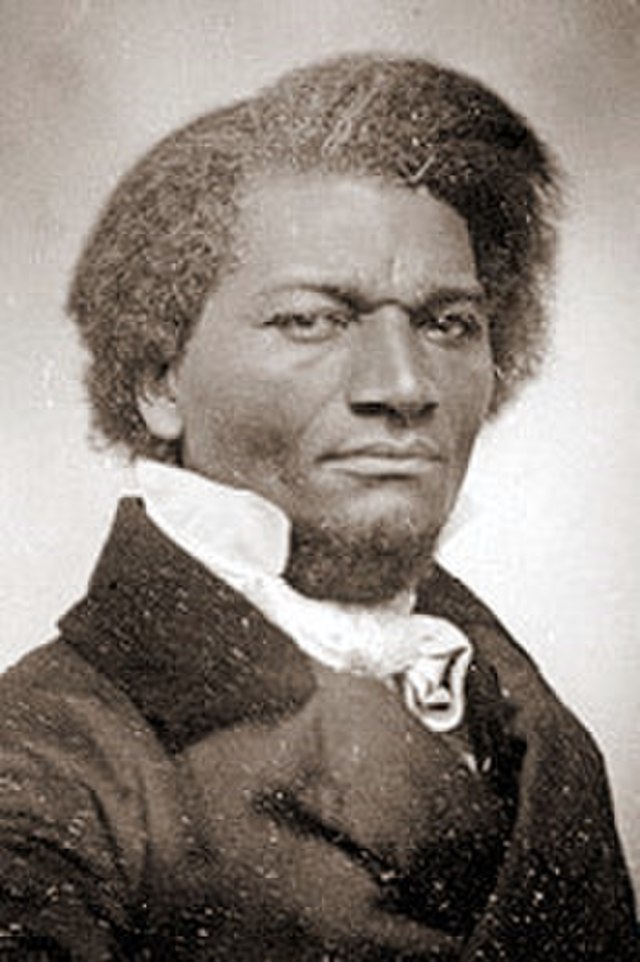
Frederick Douglass' eloquence as an orator and writer is admired, but his accomplishments as a statesman are sometimes forgotten. Douglass served as the U.S. Marshal for the District of Columbia and Minister to Haiti, becoming one of the highest-ranking African American officials of his time. In addition, Douglass was a firm believer in women's rights and actively supported the suffragist movement, recognizing the intersectionality of struggles for equality.
These lesser-known facets of the lives of Martin Luther King Jr., Rosa Parks, Maya Angelou, Harriet Tubman and Frederick Douglass reveal a tapestry woven with threads of resilience, activism and multifaceted contributions. Understanding the depth of their stories adds a richer dimension to our appreciation of their enduring legacies. As we continue to honor these historical figures, let us strive to embrace the entirety of their narratives, recognizing the complexities that make them true icons of change.
Within this collection, you will find a variety of resources designed to help you effectively celebrate Black history and inspire year-round discussions on the subject. From lesson plans and classroom activities to blogs and free professional development webinars, these resources are meant to support educators in bringing Black history to life in the classroom.
Want to see more stories like this one? Subscribe to the SML e-newsletter!